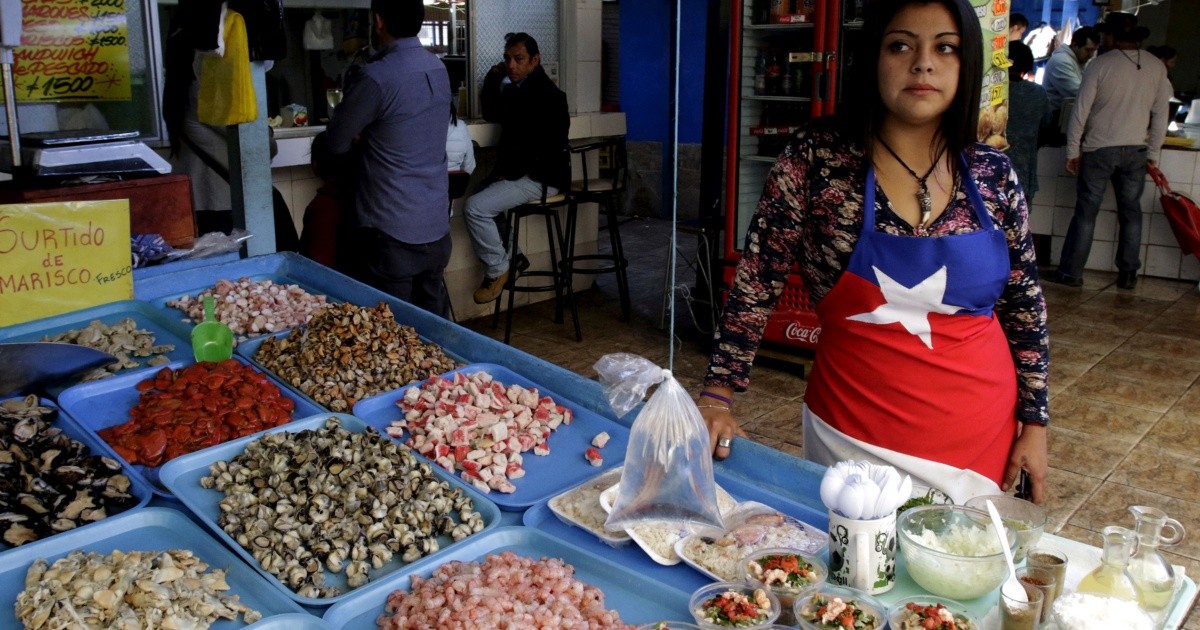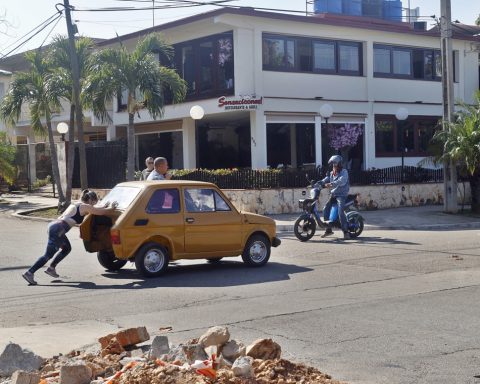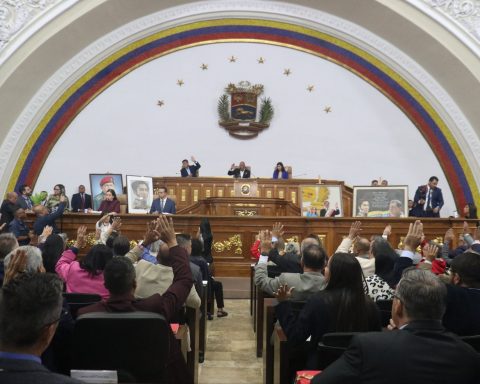Chile registered in March an increase in the Consumer Price Index (CPI) of 1.9% compared to the previous month, the largest monthly increase in prices since October 1993, due to increases in food, reported this Friday the National Institute of Statistics (INE).
With this figure, well above the market expectation that anticipated an increase of around 1.2%, the index accumulated a rise of 3.4% so far this year and 9.4% in 12 months.
“Inflation is a worrying situation, an additional reason not to add more fire to the bonfire of prices,” commented the Finance Minister Mario Marcelin an interview with ADN radio, a few days before the Chilean Congress begins to analyze a new early withdrawal of private pension funds, after the three already approved, for up to 10% of the savings.
According to the Central Bank, a large part of the inflation that Chile accumulates is due to the sharp increase in private consumption after the excess of liquidity that occurred due to the three withdrawals of the pension funds -for some 50,000 million dollars- and the state aid delivered until December to face the pandemic, for about 3,000 million dollars per month.
“The only way to lower inflation in Chile, as experience around the world shows, is through monetary policy. There are no magic wands to solve inflation issues, and we have to let the Central Bank do its thing.” work, that he is doing it,” added the minister.
To contain inflation, the BC is carrying out an aggressive policy of raising interest rates, which today stands at 7 percent.
The leftist government Gabriel Boric opposes the new withdrawal of pension funds. On Thursday, it launched an economic reactivation plan for 3.7 billion dollars, seeking to create 500,000 new jobs and freezing the price of public transport, among other measures.
Rise of bread and chicken
According to the INE, in March “eleven of the twelve divisions that make up the CPI basket contributed positive effects to the monthly variation of the index and one had a negative impact.”
Among the items with the highest price increases, food and education stood out. Food had a monthly rise of 3.9% and 13.1% in 12 months, especially bread and chicken meat.
Chile closed 2021 with an inflation of 7.2%, the highest level in 14 years and well above the target range established by the Central Bank, of 3%, a level reached in 2020.
For this year, the Chilean monetary authority expects a growth of the Gross Domestic Product (GDP) in a range of 1-2% after the strong expansion of 11.7% in 2021, the highest since records exist, in a rebound after the fall during the pandemic.
















